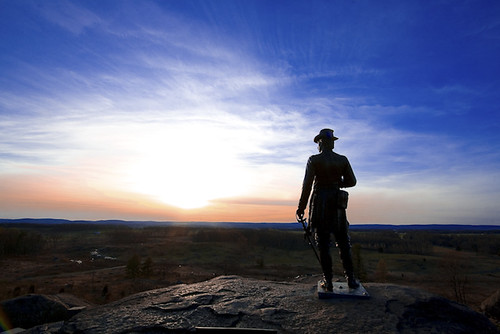On February 22, 1632, Galileo Galilei (February 15, 1564 to January 8, 1642) published “Dialogue Concerning the Two Chief World Systems – Ptolemaic and Copernican” Galileo’s famous work consists of a fictional conversation (a dialogue) between three people over the course of four days on the Ptolemaic and Copernican views of the world and its place in the universe. Here's a link to Galileo's Dialogue: Galileo's Dialogue.
Galileo would begin his most famous of all his works work by telling the audience that: “since bitter death has deprived Venice and Florence [Ptolemy and Copernicus] of those two great luminaries in the very meridian of their years, I have resolved to make their fame live on in these pages, so far as my poor abilities will permit, by introducing them as interlocutors in the present argument.”
Within his book are three characters:
- Salviati, a proponent of the Copernican theory that (among other things) the earth revolves around the Sun of whom Galileo described as possessing “…a sublime intellect which fed no more hungrily upon any pleasure than it did upon fine meditations;
- Simplicio (oftentimes thought of as a simpleton) who is supporter of the Ptolemaic model that the earth is fixed within the universe, does not move, and that sun and all heavenly bodies revolve around our planet; and finally,
- Sagredo, “…a man of noble extraction and trenchant wit,” who represents an honest broker striving to hearing all sides.
The dialogue between these three fictional characters takes place over a four day period with Salviati arguing against Aristotelian physics. Sagredo, the neutral observer, summarized the first day of the dialogue as consisting of:
[A] preliminary examination of the two following opinions as to which is the more probable and reasonable. The first holds the substance of the heavenly bodies to be ingenerable, incorruptible, inalterable, invariant, and in a word free from all mutations except those of situation, and accordingly to be a quintessence most different from our generable, corruptible, alterable bodies. The other opinion, removing this disparity from the world’s parts, considers the earth to enjoy the same perfection as other integral bodies of the universe; in short, to be a movable and a moving body no less than the moon, Jupiter, Venus, or any other planet. Later many detailed parallels were drawn between the earth and the moon. More comparisons were made with the moon than with other planets, perhaps from our having more and better sensible evidence about the former by reason of its lesser distance.
Day two involved discussing the law of inertia and whether or not the earth itself is immovable. Interestingly, in defending his position that the earth does not move, among other things, Simplicio argues that:
· An object dropped from a height will fall to the ground directly at a right angle), while an object dropped from the mast of a moving ship will not fall perpendicularly, but somewhat behind the direction of the ships motion. Similar results are obtained from throwing or shooting an object upwards to a great height.
· Cannonballs fired point-blank east and west travel the same distance; those fired due north and due south do not deviate from their course.
· If the earth were moving westerly at the speed required to complete one revolution in twenty-four hours, clouds could only move eastward, we should feel a constant easterly wind, and birds could never fly quickly enough to move westward; none of this occurs.
· If the earth were spinning at such a rate, because of centrifugal force, pigs (and everyone and everything else) would fly off the face of the earth.
On Day three Salviati discusses astronomical phenomena and argues that:
[I]f it is true that the center of the universe is that point around which all the orbs and world bodies (that is, the planets) move, it is quite certain that not the earth, but the sun, is to be found at the center of the universe. Hence, as for this first general conception, the central place is the sun’s, and the earth is to be found as far away from the center as it is from the sun.
 |
| Galileo Galilei painted in 1636 by Giusto Sustermans, the 17th c. Baroque, Flemish painter. |





































